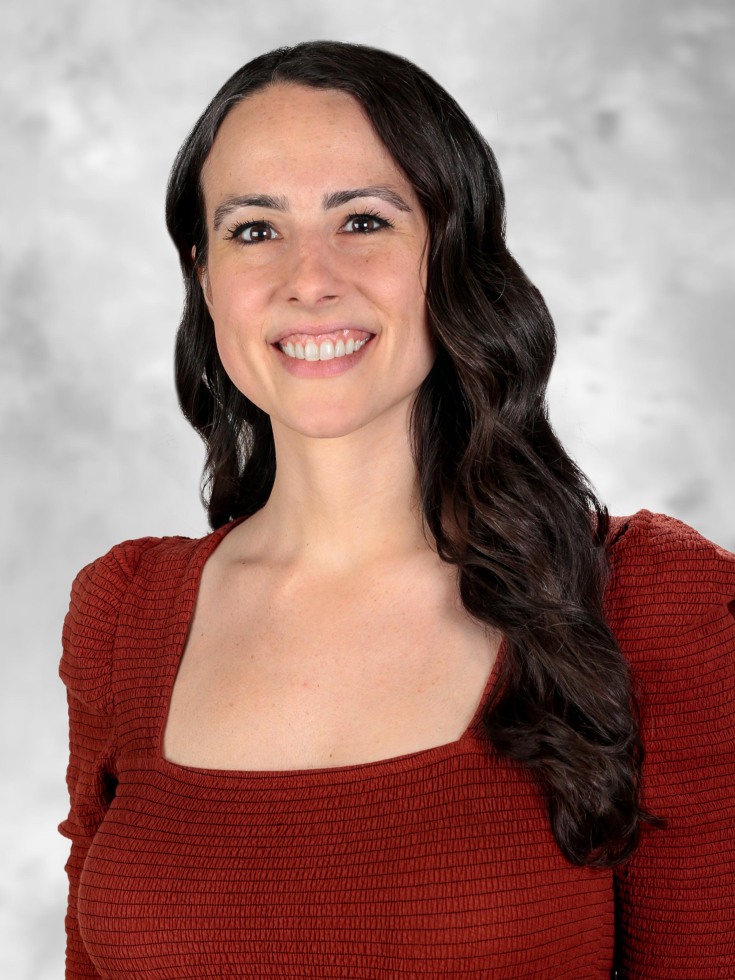Qualitative Science and Methods Training Program
QSMTP provides state-of-the-science training and mentoring in qualitative and mixed research methods to postdoctoral and faculty investigators in the health sciences.
Qualitative Science and Methods Training Program
QSMTP provides state-of-the-science training and mentoring in qualitative and mixed research methods to postdoctoral and faculty investigators in the health sciences.
Overview
The Qualitative Science and Methods Training Program (QSMTP) methods core, founded in 2017, provides state-of-the-science training and mentoring in qualitative and mixed research methods to postdoctoral and faculty investigators in the health sciences. Qualitative methods involve the use of in-depth interviews, focus groups, cognitive interviews, and/or other procedures to optimize methodological rigor and enhance data richness. Integration of qualitative and quantitative methods (“mixed methods”) is increasingly expected in successful patient-oriented research applications to the NIH and other sponsors.
QSMTP Team
-
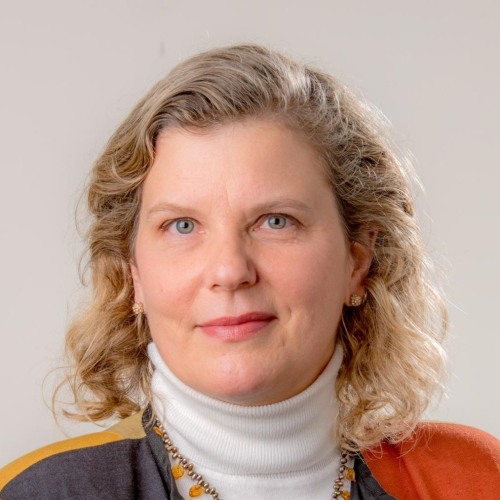
Rochelle K. Rosen, Ph.D.
DirectorRochelle Rosen, Ph.D., formally assumed the role of QSMTP Director on February 1, 2026. She is associate professor in the Department of Psychiatry and Human Behavior at The Warren Alpert Medical School, associate professor of Behavioral and Social Sciences in the Brown University School of Public Health and a senior research scientist in the Centers for Behavioral and Preventive Medicine at The Miriam Hospital. A medical anthropologist, her primary research interest is in using qualitative data to effectively design culturally relevant behavioral health interventions, including mhealth (mobile health) delivered health promotion, and the acceptability of HIV prevention technologies. She has a particular specialty in using qualitative research methods for translational health research in behavioral and preventive medicine.Dr. Rosen previously served as the QSMTP's associate director and co-lead of its seminar.
-
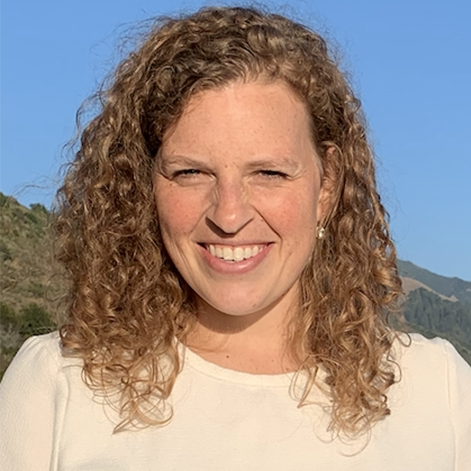
Katherine (Katy) Darling, PhD
Assistant Professor of Behavioral and Social Sciences (Research), Assistant Professor of Psychiatry and Human Behavior (Research), QSMTP Faculty -
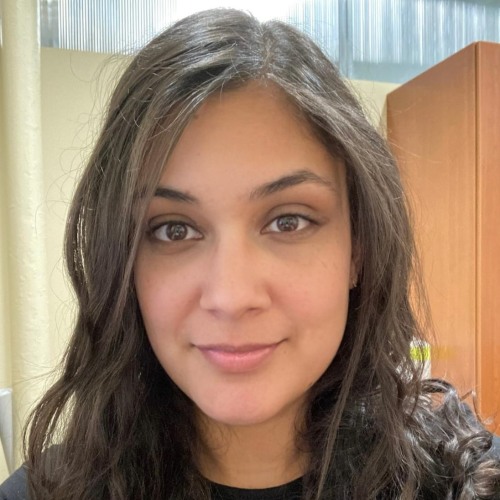
Melissa Guillen, MPH
Senior Research Project Director
-
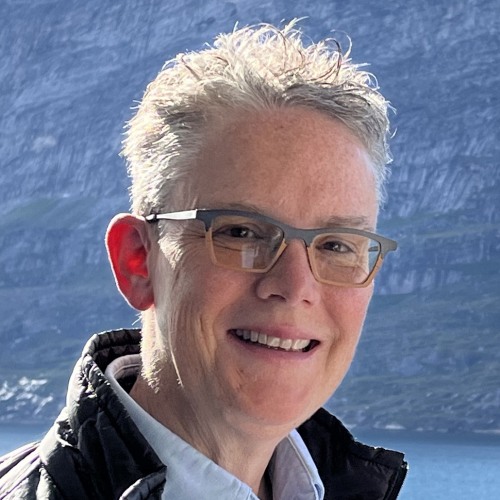
Kate M. Guthrie, PhD
Founder and Director Emerita, QSMTP
Services
QSMTP provides scholars with:
- A didactic “Foundations in Qualitative Methods” seminar series, which provides attendees with theoretical and methodological knowledge of qualitative strategies that can be implemented in patient-oriented, grant-funded health research. No prior experience with qualitative research is required. The seminar is currently co-taught by Dr. Guthrie and Dr. R. Rosen, who also serves as a consultant to Brown University’s Advance RI-CTR’s Qualitative Research Support Services
- Weekly qualitative skills-building workshops, which are well-suited to investigators actively developing grants to conduct research with qualitative elements, and to investigators engaged in the development of their qualitative research protocols and procedures, preparing to initiate their studies, and/or collecting and analyzing their qualitative (or mixed methods) data
- Expert consultation for qualitative and mixed methods grant-writing and publication; scholars in both the Foundations Seminar and/or Skills-Building Workshops can make individual appointments with Dr. Rosen to address more detailed or time-intensive needs for their research projects
All services are provided remotely.
QSMTP PARTNERS: Academic and research units are invited to support the program via three-year commitments (academic year: July through June). This commitment secures seats for two scholars per year (postdoctoral fellows or faculty). QSMTP Partners are also eligible for additional seats at reduced fees per additional scholar. Please contact Dr. Rosen to become a QSMTP Partner.
INDIVIDUAL SEATS: Postdoctoral fellows and faculty from non-Partner units may participate if there is space at a standard cost per seat. The number of scholars may be capped, with preference given to Partners, to ensure high-quality, hands-on training and mentoring. Please contact Dr. Rosen for relevant costs.
Sentio Scholarship in Qualitative and Mixed Methods Research Training
Sentio, in Latin, means to perceive, feel, or observe - the foundation for exploring individuals' experiences and narratives. The QSMTP’s Sentio Scholarship helps investigators develop their observational skills and curiosity into a proficiency with qualitative and mixed methods research. When funds and seats are available, the scholarship supports a postdoctoral fellow or faculty member from an eligible institution* to enroll in a QSMTP seminar and/or workshop for a period of one-to-two years.
*Individuals from the following institutions are eligible:
- non-R1 Doctoral Universities ("Doctoral Universities: High Research Activity")
- Historically Black Colleges/Universities (HBCUs)
- Hispanic-Serving Institutions (HSIs)
- Tribal Colleges and Universities
- International Colleges and Universities from middle- and/or lower- income countries
The application for the Sentio Scholarship is now closed. Please check again in early 2027 for the next cycle.
Sentio Scholar Applies Qualitative Skills in Turkey and Nepal
Ceren Sönmez, Ph.D., the first Sentio scholar, has used her newly developed qualitative skills to study depression and anxiety among mothers in Turkey and depression among adolescents in Nepal.
Testimonials
“ Qualitative research was a whole new area of research for me. I have been funded to do quantitative research but my knowledge of qualitative methods was limited. With the QSMTP workshop I was able to appreciate the richness of qualitative data, its application in so many areas of medicine, and methodology. I then got funded through NHLBI to conduct a qualitative study. I could not have done this without Dr Guthrie's invaluable guidance and support. She is always available, is a great teacher, mentor, and sponsor, and has truly helped us in performing methodologically sound studies and offered our team of investigators additional flexibility on days that work for us. In short, she's an incredible methodologist and a wonderful teacher and I would do it again in a heartbeat. ”
I took Dr. Guthrie's program as part of my career development grant. It has shaped every aspect of my research career (in the use of technology to prevent and treat violence and related behavioral health problems) and my academic career (now as Academic Dean).
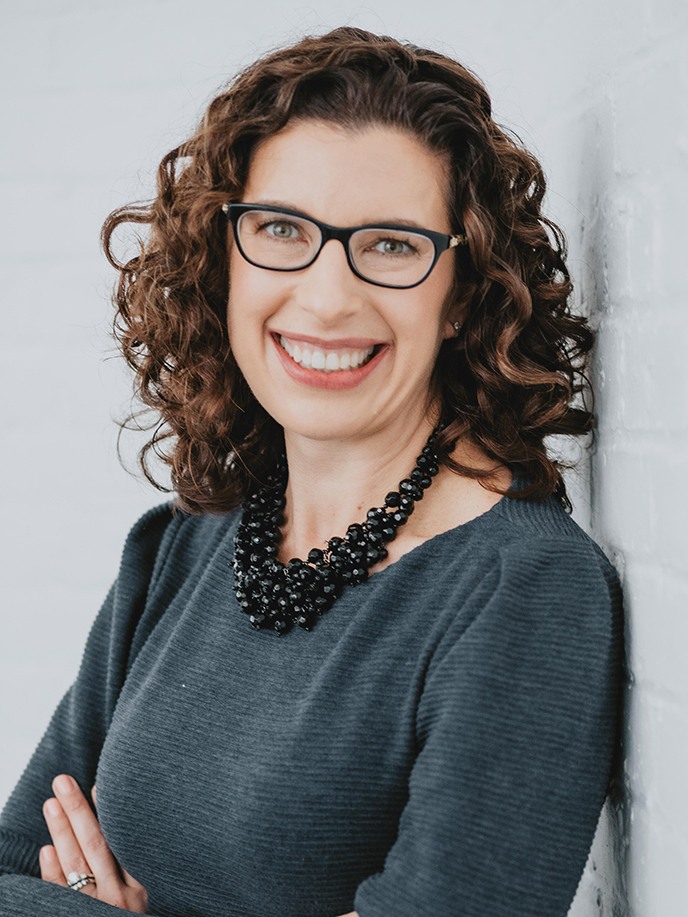
“ Participating in QSMTP and working with Kate are a key reason I was able to put together and get an NIH K award. ”
My current work is focused on iteratively revising an existing intervention to improve acceptability and strength of treatment effects for a new population. With my feet squarely in the quantitative space prior to starting my K23, the QSMTP seminar+workshop provided the ideal combination of didactic training and an open/collaborative environment where I could explore all of the ways that qualitative methodology can enhance the quality and impact of my research. This was crucial for executing my proposed research project but has also created space for me to think creatively about augmenting my research with qualitative/mixed methods in the future.
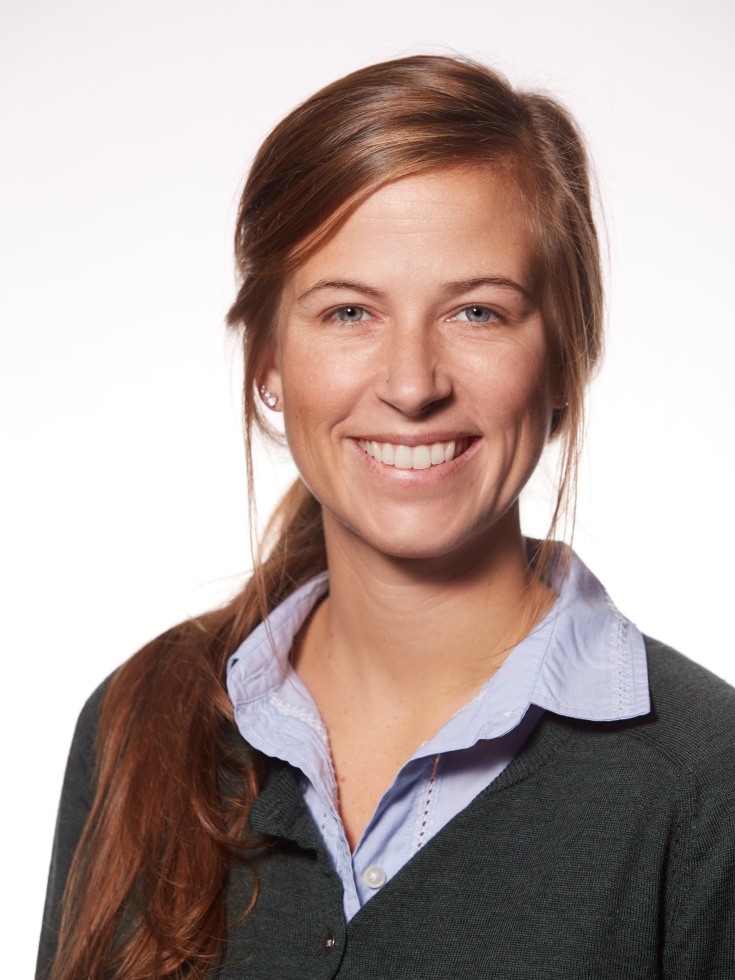
“ The QSMTP has been fundamental to better understanding qualitative work and gaining knowledge around best practices. QSMTP informed and guided my grant writing as well as the development of the agendas for in-depth qualitative interviews. Dr. Guthrie connected me with other personnel to practice my agendas in Spanish, which has been really helpful [in] tailoring the process to the needs of my project, which include interviews to Latinx caregivers around accessing mental health care and understanding the intergenerational transmission of trauma and the impact in Latinx parenting practice. ”
I attended Dr. Guthrie's workshop for a year while I was preparing my career development award and in the first months after funding. It has been an immense help to me in learning qualitative methods and applying them. I've since been able to obtain further NIH funding with qualitative aims. Dr. Guthrie provides hands-on guidance and is very available for questions and collaborations. Another benefit of the workshop is an opportunity to network with others at your institution who have similar interests but work in different departments or areas of the university. I highly recommend the QSMTP experience!
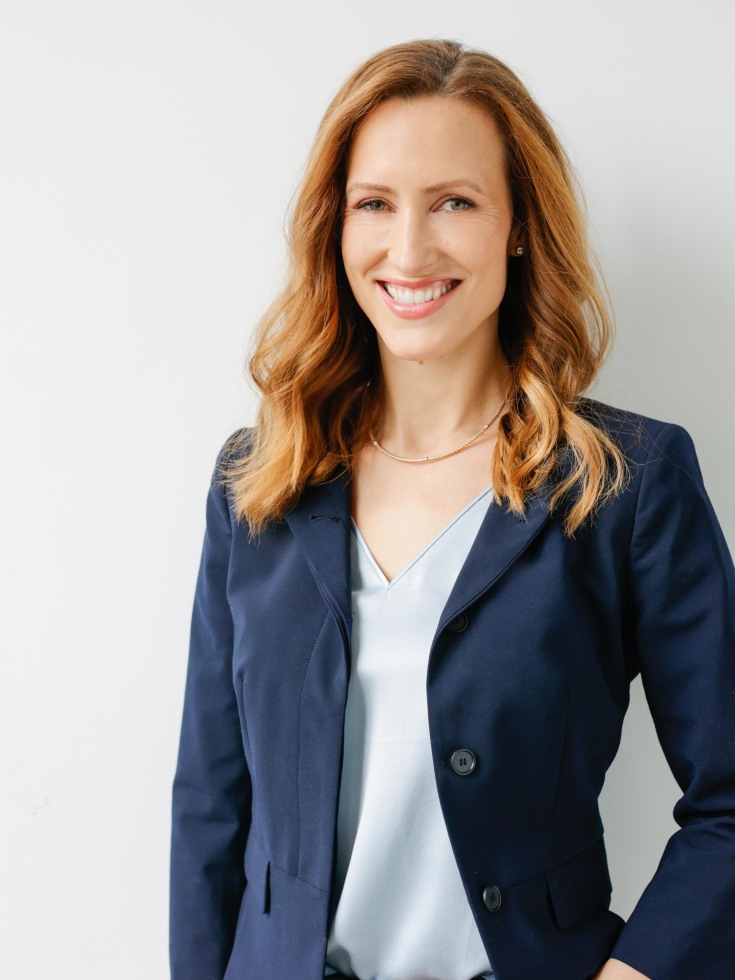
QSMTP offers such a rich learning environment. The workshop and seminar allow for the development of sound theoretical and foundational knowledge in qualitative skills, but also the hands-on, applied skills of designing, implementing, and analyzing qualitative data. Further, the rich environment of multidisciplinary peers allows for modeling of skills as well as vicarious learning. I learned so much in QSMTP that I never would have even known to ask! Further, having such a wealth of knowledge but also humor in Dr. Guthrie and my peers has greatly enriched my life as well as my work.
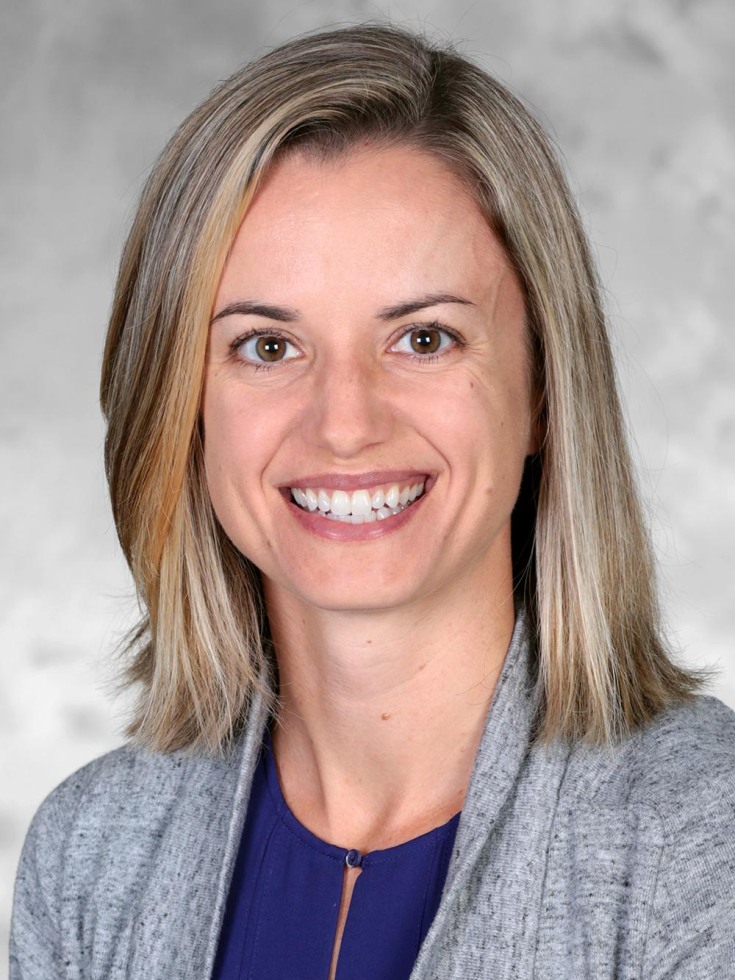
Dr. Guthrie brings rich expertise and enthusiasm to her course on qualitative research study design, data collection, and implementation. She provided me with foundational skills and personalized, weekly training in qualitative methods that allowed me to complete the initial qualitative aims of my NIMHD-funded K23 focused on developing and culturally tailoring an online behavioral weight loss intervention for sexual minority women.
